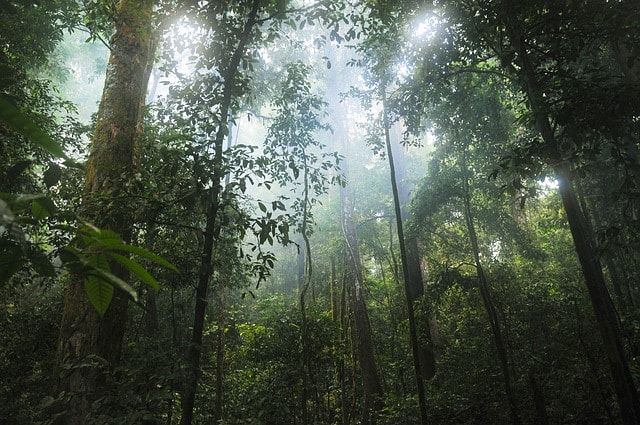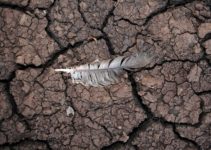Football pitch-sized area of pristine tropical rainforest disappeared every six seconds, increasing the loss of tropical rainforest across the globe last year, a satellite-based analysis has found.
Across the tropics, around 12m hectares of tree cover was lost, including almost 4m hectares of dense, old rainforest that was holding significant stores of carbon and had been a habitat of a vast range of wildlife, according to data from the University of Maryland.
Far away the tropics, the devastating bushfires in Australia led to a six-fold increase in tree cover loss across the continent in 2019 in comparison to the last year. According to Rod Taylor, from the World Resources Institute, part of the Global Forest Watch network that released the analysis, as the unprecedented fires continued into 2020, this presented only a partial picture of the affected area in the southern fire season.
Taylor said, this year, blazes burned more intensely, having followed a severe drought, and spread rapidly because of high winds, although eucalyptus trees in Australia are usually well adapted to respond to fire. The fires directly killed 33 people, an estimated 445 more through smoke inhalation, and hundreds of millions of animals.
“Whereas a normal fire might char the bark of a tree, this year’s fires turned many trees into charcoal sticks,” Taylor said. “Australia can expect more extreme fire seasons as fire risk increases due to climate change.”
It was the third-worst loss of trees in the tropics recorded since data was first collected in 2002, trailing behind only 2016 and 2017. In Brazil, the heaviest reduction continues, and that accounted for more than one-third of the entire humid tropical forest loss. The deforestation for agriculture and other new land uses increased rapidly in the Brazilian Amazon over the past year, Government data shows.
Bolivia witnessed the biggest surge in forest loss, where an estimated 80% greater tree cover reduced due to fires compared to any previous year on record. Many of the fires were probably deliberately lit to clear farming land for planting, and strong winds and drought exacerbated by the climate crisis spread that fire into forests, the institute said. It happened after the Bolivian government made regulatory changes to encourage the expansion of agriculture.
The forest loss slightly decreased in the Democratic Republic of the Congo mainly due to cyclical agricultural operations; however, it was still the third-highest year on record. The institute said there was emerging evidence of the impact of commercial logging, mining, and clearing for plantations.
In Ghana and Cote d’Ivoire both, primary forest loss reduced about 50%, and in Indonesia, where it decreased for a third straight year, and fell back to a level not seen for more than 15 years. It led Jakarta to introduce a permanent moratorium on clearing for oil palm plantations and increased efforts to ensure enforcement of laws.
Frances Seymour, a senior fellow with the institute, said the level of global forest loss was not acceptable and that what was needed to reverse the trend was also clear. “If governments put into place good policies and enforce the law, forest loss goes down,” she said. “But if governments relax restrictions on burning, or signal an intent to open up indigenous territories for commercial exploitation, forest loss goes up.”
According to Seymour, the international community can help protect the forests by introducing economic or market incentives intended to address the problem. She urged governments to take up four steps: preventing forest burning, increasing monitoring and enforcement to stop breaches, providing the poor and hungry with alternatives to forest exploitation, and not reducing protections to aid the economic recovery from the Covid-19 pandemic.






